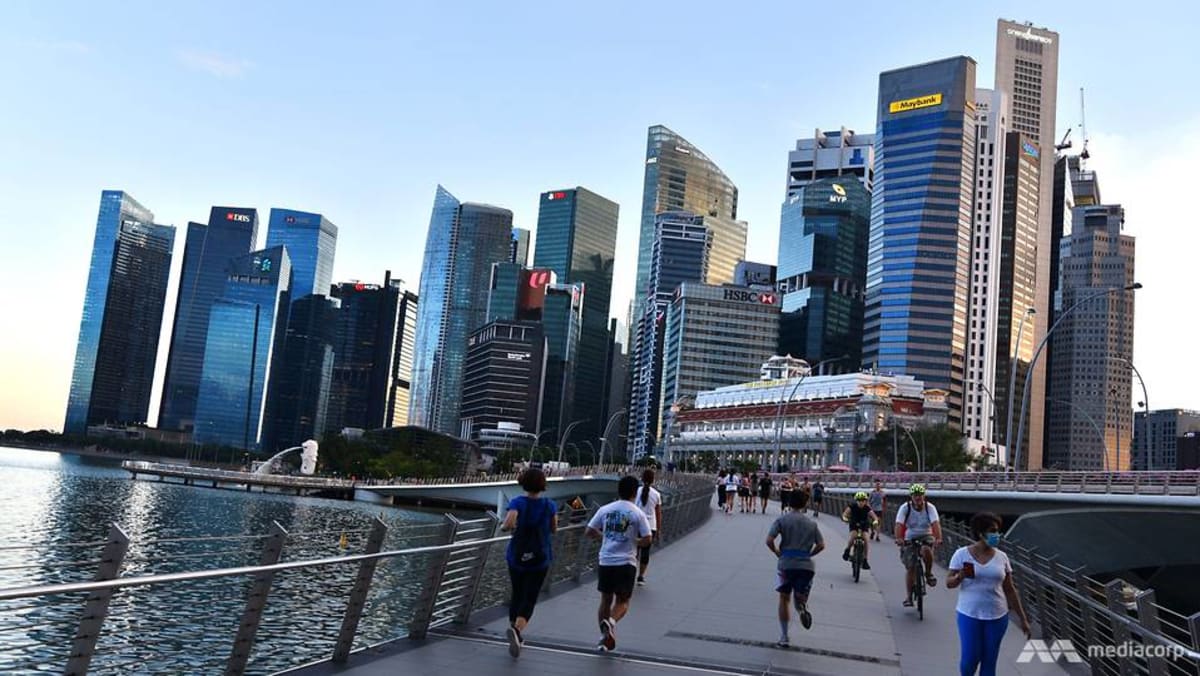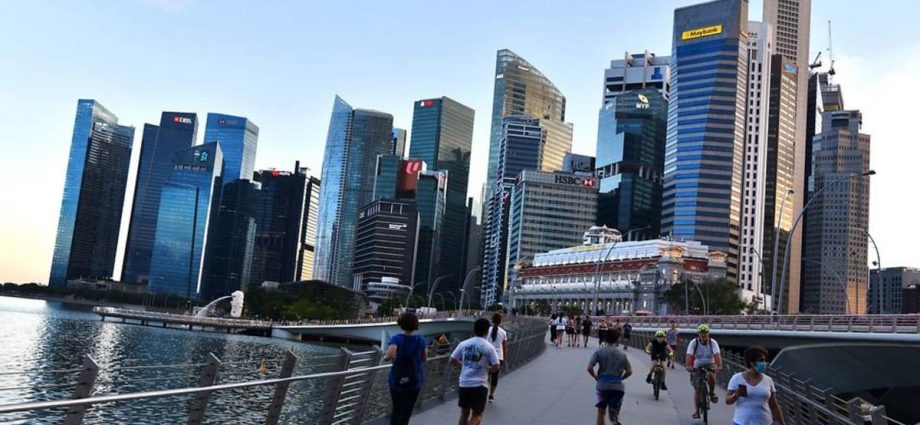
The Prime Minister cited the biomedical science sector as an example, which now employs 25,000 workers and contributes almost one-fifth of the country’s manufacturing gross domestic product.
He recounted how Singapore scoured top universities and research institutes around the world for the best biomedical scientists, researchers and engineers during the 1990s.
“(Philip Yeo) went round the world to pitch to them personally. He persuaded some of the top names in their fields – he called them the whales – as well as younger rising stars. They were taken by our vision and they moved here.”
Mr Yeo was then chairman of the National Science and Technology Board, which later became A*STAR (Agency for Science, Technology and Research).
“The whales mentored our local talents, who were then still new to the field … We awarded scholarships to hundreds of them, to study biomedical sciences all the way to PhD,” said Mr Lee, adding that by doing so, Singapore created an ecosystem and started on its journey to become a biomedical hub.
Now, home-grown scientists are doing cutting-edge research and development. A number of them have become principal researchers leading their own teams, while others have founded start-ups to develop and commercialise their discoveries.
Singapore also attracted major projects, including from Sanofi and BioNTech for vaccine manufacturing facilities.
Mr Lee said researchers here, both Singaporeans and non-Singaporeans, made significant contributions during the pandemic by helping to maintain an international database that facilitates sharing of COVID-19 genomic data worldwide, as well as developing test kits and other diagnostics.
“Had we not sought out top talent 30 years ago and then continued to build up our biomedical research teams and activities and develop home-grown talent, all this would never have happened,” the Prime Minister said.
“This is the difference that top talent can make.”

